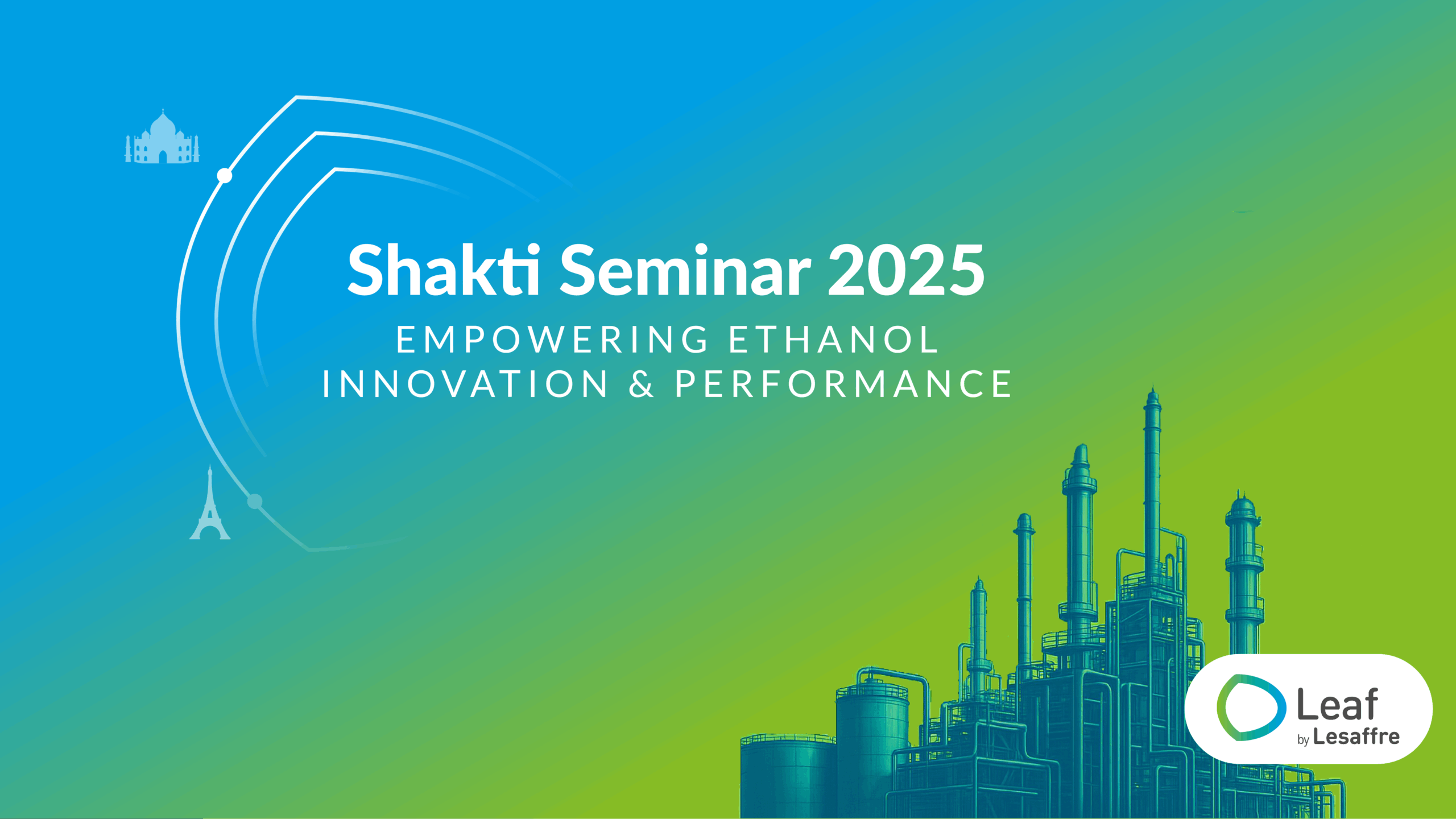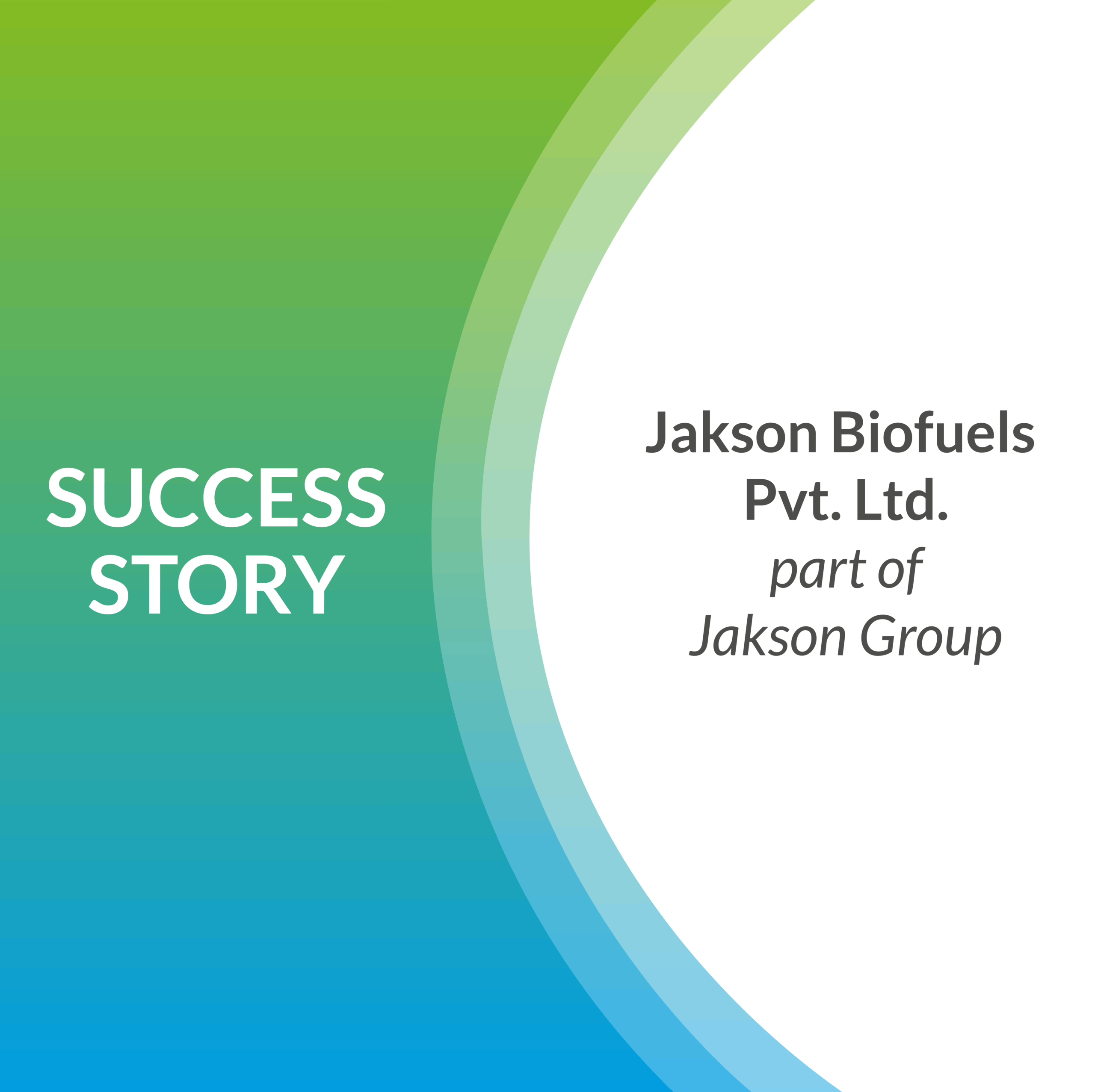In the field of industrial ethanol production, maximizing efficiency and yields while minimizing costs and environmental footprint are constant goals. One of the key factors in addressing these challenges lies in the choice of yeast.
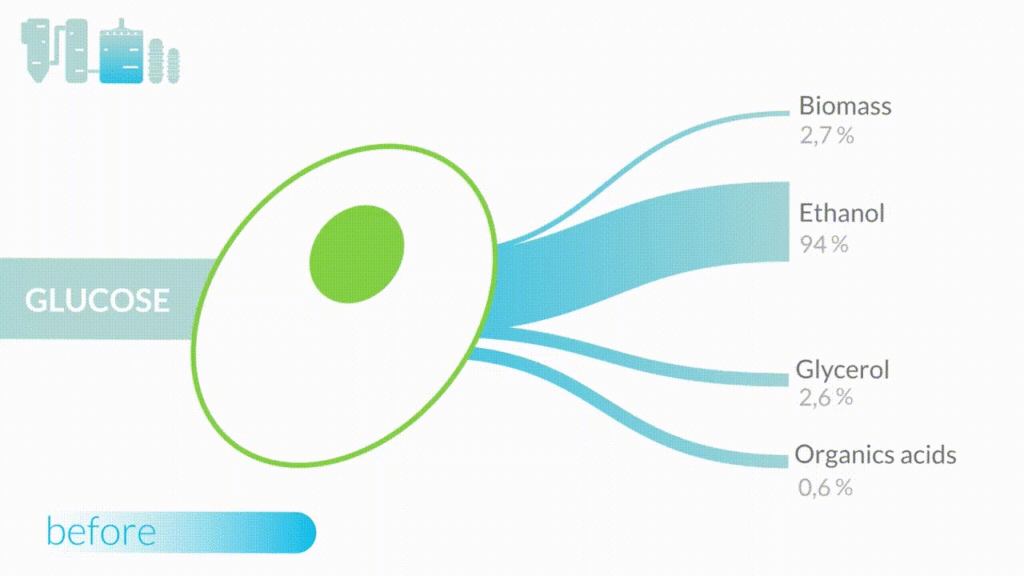
Advanced yeasts are genetically engineered to enhance their ethanol production capabilities. Those genetic modifications consist of carefully altering the yeast’s metabolic pathways to increase the carbon flux through the ethanol-producing pathway, while reducing the production of undesired by-products.
Ethanol production plants rely on yeast to convert the sugars in raw materials into ethanol. Therefore, the efficiency and productivity of ethanol production plants depend heavily on yeast performance
The benefits of using advanced yeast on ethanol production
Engineered yeast enables ethanol yield improvements
One of the main comparison points between advanced and traditional yeasts is ethanol production yield. Advanced yeasts being engineered to enhance their ability to ferment sugars into ethanol, they are able to produce more ethanol from the same amount of raw material. This results in higher volumes of ethanol produced, thus higher yields.
Another advantage of advanced yeasts could be their ability to produce ethanol from a wider range of feedstocks. While traditional yeast strains can only ferment C6 sugars, advanced yeast strains could ferment a wider variety of sugars – such as xylose and arabinose found in lignocellulosic biomass. With yeast strains able to break down complex sugars into fermentable sugars thanks to new enzymatic expression, there would be a greater utilization of available sugars in certain feedstocks.
Advanced yeast displays a higher tolerance to stress
Enzymes are commonly used in saccharification to convert complex starches into simple sugars, which can then be fermented by yeast. However, advanced yeast strains can be engineered to express enzymes – such as glucoamylase -, eliminating the need for exogenous enzymes addition. This not only reduces the reliance on additional enzymes, but it also reduces the risk of osmotic stress on the yeast. Smart management of glucoamylase activity during fermentation and preventing yeast stress allow ethanol production plants to reach higher yields.
With advanced yeast being able to withstand harsher conditions, industrial ethanol production plants are able to run with increased efficiency, and reduced downtime linked to yeast stress or lack of robustness.
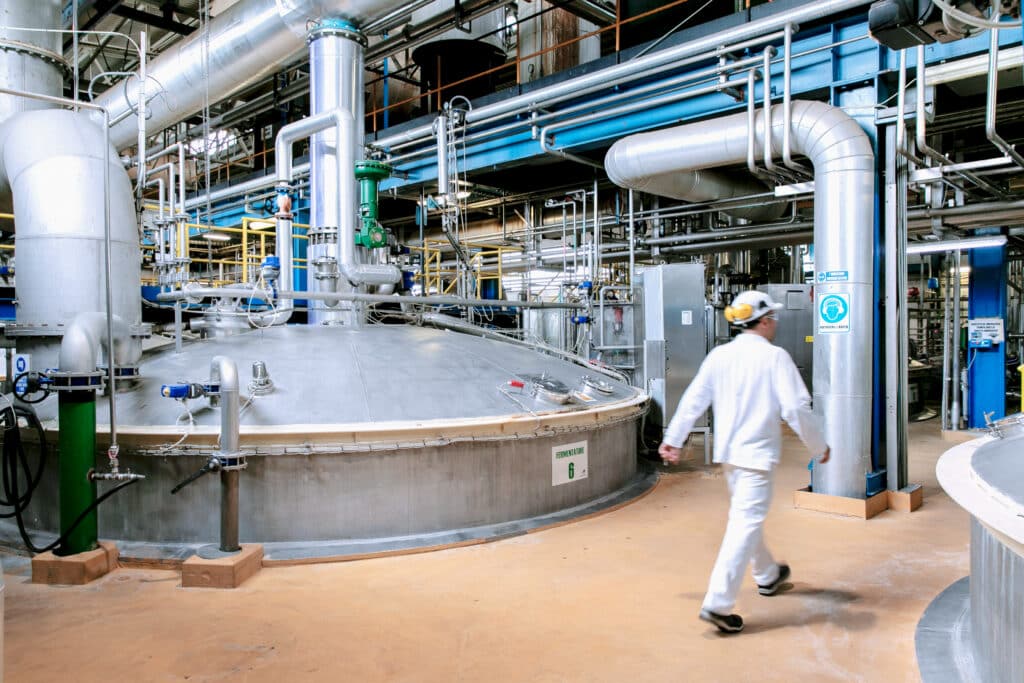
The benefits of using advanced yeast strains on profitability
Advanced strains are helping in reducing production costs
Advanced yeasts, in their being engineered for enhanced metabolic capabilities, are able to convert sugars into ethanol more efficiently. This translates into significant cost savings for ethanol producers. As advanced yeasts ferment larger quantities of sugars per unit of time, they reach higher KPIs when it comes to yield and productivity.
When engineered to express glucoamylase, advanced yeasts allow for the reduction of glucoamylase input. This smart management of glucoamylase input also plays a role in overall plants’ cost reductions. Moreover, engineered yeasts are more resistant to stress, reducing the risk of fermentation failure and process variations. This also prevents additional productions costs linked to plant downtime or process parameters adjustments.
Improved coproducts quality thanks to advanced yeast
In the case of higher ethanol yields, yeast consumes more glucose for ethanol production, lowering the amount of glycerol produced and going into feed. This results in a higher concentration of protein-rich coproducts, such as distiller’s dried grains with soluble (DDGS). These DDGS serve as a valuable livestock feed ingredient, providing a balanced blend of proteins, amino acids, vitamins, and minerals. By using advanced yeast in industrial ethanol production, the composition of DDGS is significantly improved, ensuring a higher quality feed.
Improving industrial ethanol’s sustainability
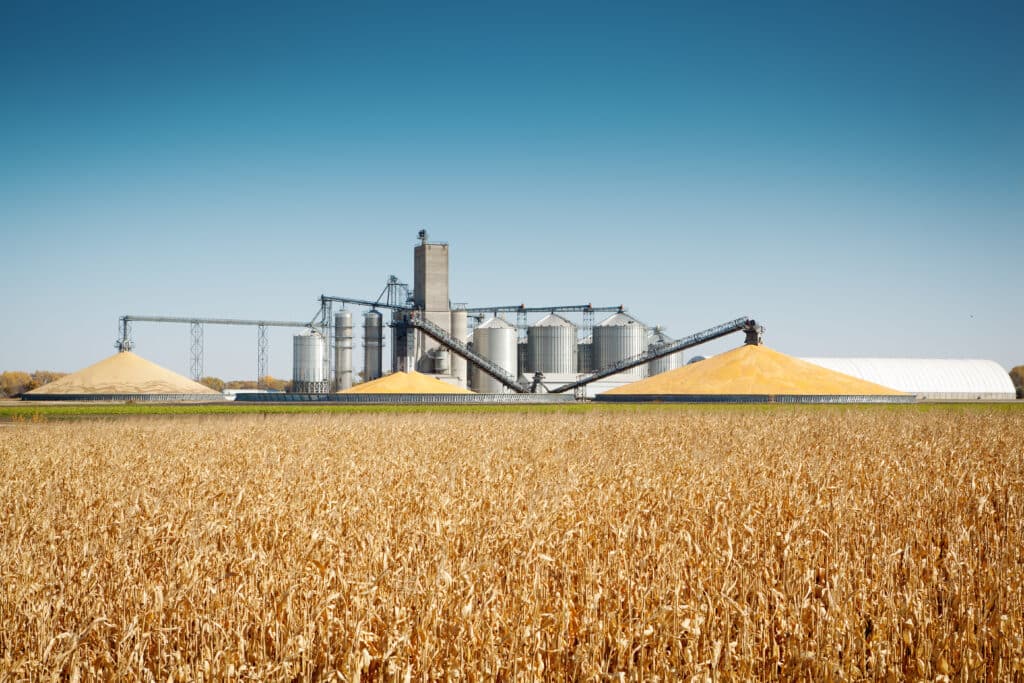
When it comes to sustainability, using advanced yeast rather than traditional yeast for industrial ethanol production can reduce the amount of resources required to produce a given amount of ethanol. Simply put, higher yields means more ethanol is produced per unit of sugars; thus, less resources are mobilized to turn this amount of sugar into ethanol. Adding onto that, the higher robustness of engineered yeasts allows for better speed and efficiency of fermentation. Less energy is then required at ethanol production plant.
With yeasts engineered to express enzymes, production plants are able to reduce exogenous enzymes in their process. Limiting external inputs suppresses their impact on the process lifecycle assessment, especially when it comes to inputs that require a lot of energy and resources to be produced.
Also, the smart use of feedstocks and energy enabled by the use of advanced yeasts reduces industrial ethanol production’s environmental footprint. Ethanol plants are able to reduce their carbon intensity score and to improve their lifecycle assessments as well.
Overall, advanced yeasts have been paving the way for increased efficiency, cost savings, and sustainable practices. Their altered and enhanced metabolic pathways increase carbon transformation into ethanol, improving production yield and profitability.
Advances in yeast engineering have been opening doors to new possibilities, like the development of new products. In that sense, the CelluX™ and Evolve™ platforms reflect our passion about innovation: it is a revolution where technical expertise meets cutting-edge science. Offering high-performance yeast products specifically designed for fuel ethanol production, these ranges enable maximized industrial efficiency and productivity while paving the route to net-zero.


